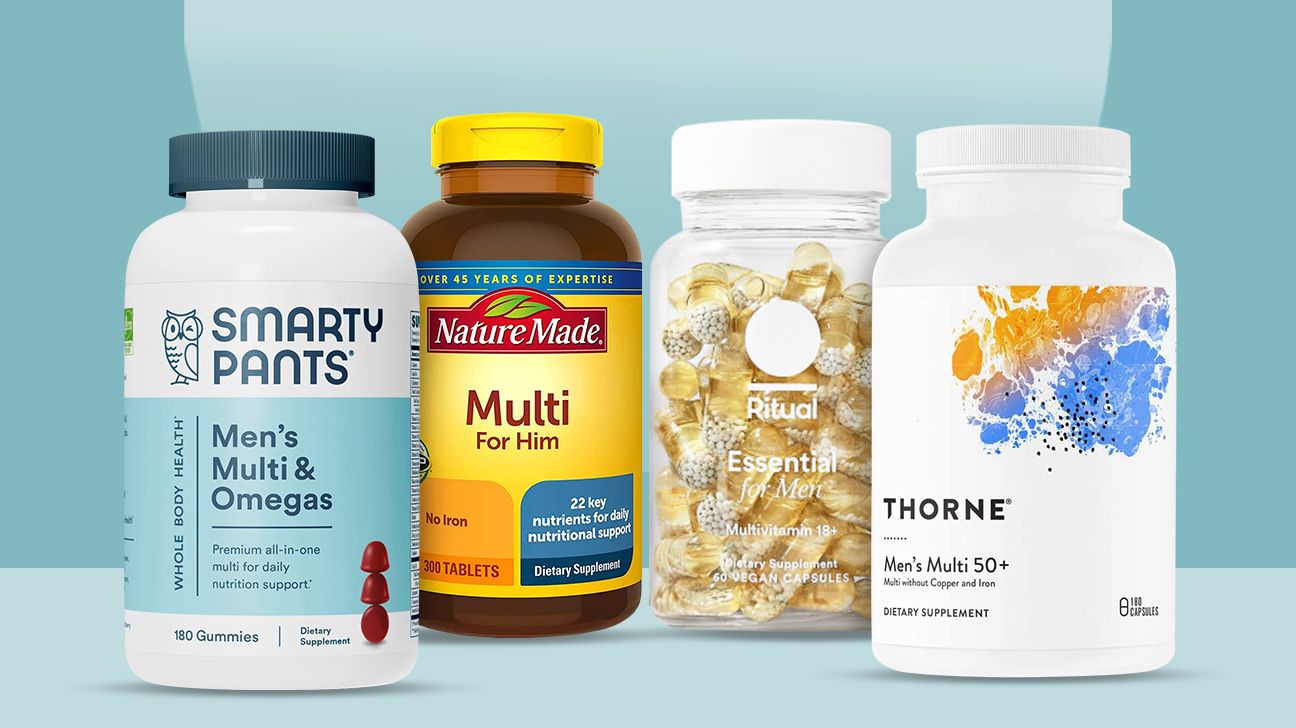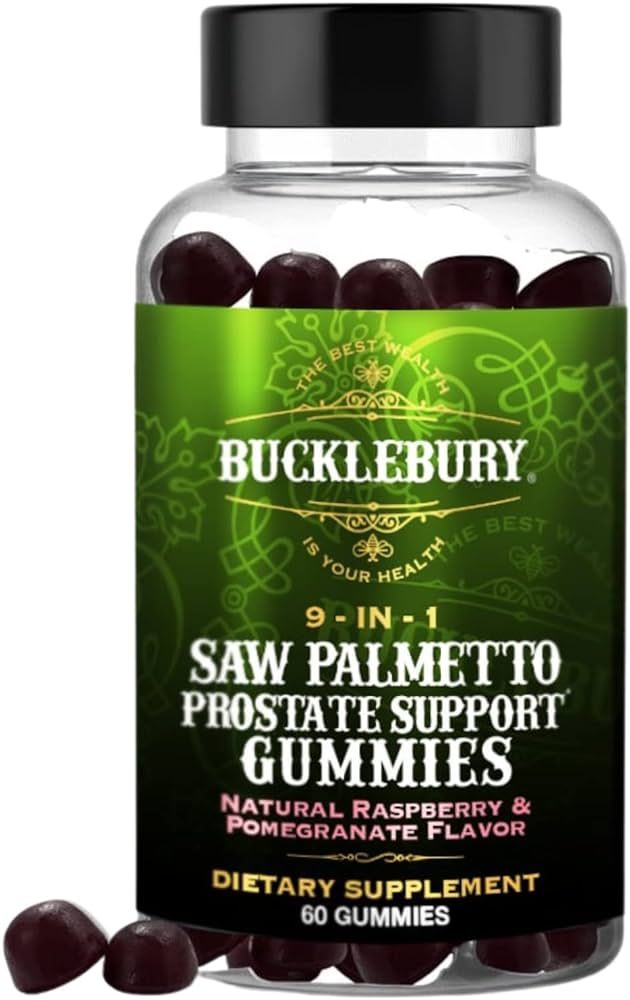9 Best Vitamins for Men: Boost Your Health and Wellness Now
Navigating the world of vitamins can feel overwhelming, especially when you’re trying to figure out what’s best for your health. With countless options on the market, it’s crucial to know which vitamins are essential for men. Whether you’re aiming to boost your energy, enhance muscle function, or support overall wellness, the right vitamins can make a significant difference.
In this article, you’ll discover the 9 best vitamins for men, each chosen for its unique benefits and vital role in maintaining optimal health. From promoting heart health to strengthening your immune system, these vitamins are the key to unlocking your full potential. Let’s dive in and explore which vitamins should be part of your daily regimen.
1. Vitamin D: The Sunshine Vitamin
Vitamin D, often called the sunshine vitamin, plays a crucial role in maintaining your overall health, particularly for men.
Benefits of Vitamin D for Bone Health
Maintaining strong bones is essential. Vitamin D helps your body absorb calcium, which strengthens your bones and prevents osteoporosis. A study from the National Institutes of Health reveals that adequate levels of vitamin D can reduce the risk of fractures by 20%.
Vitamin D and Testosterone Levels
Supporting your testosterone levels is vital. Vitamin D is linked to higher testosterone levels, enhancing muscle strength and energy. Research published in the journal Hormone and Metabolic Research indicates that men with sufficient vitamin D have significantly higher testosterone levels than those deficient.
By ensuring you get enough Vitamin D, you are taking an important step toward maintaining your bone health and optimizing your testosterone levels.
2. Vitamin C: Essential for Immunity
Vitamin C is crucial for a strong immune system. It’s a powerful antioxidant that supports various cellular functions.
The Role of Vitamin C in Immune Support
Vitamin C boosts white blood cell production. White blood cells are vital for fighting infections. It also helps these cells function more effectively while protecting them from harmful molecules, like free radicals. By enhancing skin barriers and promoting the quick healing of wounds, Vitamin C keeps you protected from infections.
Additional Health Benefits of Vitamin C
Vitamin C promotes healthy aging. It increases collagen synthesis, maintaining the skin’s firmness and elasticity. It’s also associated with lower blood pressure. Studies show regular Vitamin C intake can reduce systolic and diastolic blood pressure levels. Additionally, it improves iron absorption from plant-based foods, preventing iron deficiency anemia.
3. Vitamin B12: Key for Energy
Why B12 is Crucial for Men
Vitamin B12 plays a vital role in energy production by converting carbohydrates into glucose. This process helps your body generate the energy you need for daily activities. B12 is also essential for maintaining a healthy nervous system and producing red blood cells. Low levels of B12 can lead to fatigue, weakness, and even nerve damage over time.
Sources of Vitamin B12
You can find Vitamin B12 in various animal-based foods. Common sources include meat (beef, chicken), fish (salmon, trout), dairy products (milk, cheese), and eggs. For those who follow a vegetarian or vegan diet, fortified foods like cereals and plant-based milk are good alternatives. Additionally, B12 supplements can be beneficial, especially if your dietary intake is insufficient.
4. Vitamin A: For Vision and Growth
Benefits of Vitamin A for Eye Health
Vitamin A is essential for maintaining healthy vision. It plays a crucial role in producing the pigments in your retina and helps prevent night blindness. Consuming adequate Vitamin A can reduce the risk of age-related macular degeneration, a leading cause of vision impairment. Foods rich in Vitamin A include carrots, sweet potatoes, and dark leafy greens.
How Vitamin A Supports Skin and Cellular Growth
Vitamin A aids in skin health and cellular growth. It promotes the production of new skin cells, which can help keep your skin firm and youthful. Additionally, Vitamin A supports your body’s immune function by helping develop healthy cells and tissues. Sources of Vitamin A like liver, fish oils, and red bell peppers can help you maintain these benefits through your diet.
5. Vitamin E: The Antioxidant Power
Vitamin E is a powerful antioxidant that protects your cells from damage and supports overall health. Let’s dive into how it benefits your skin, hair, and heart.
Benefits of Vitamin E for Skin and Hair
Moisturizes skin by improving its hydration and reducing dryness. This makes it a great ingredient in many skincare products. Strengthens hair by repairing and preventing damage to hair follicles, leading to healthier and shinier locks. Clinical studies suggest that Vitamin E can aid in reducing scars and stretch marks by promoting skin regeneration.
Vitamin E’s Influence on Heart Health
Reduces oxidative stress by neutralizing free radicals that can damage heart cells. This helps in maintaining cardiovascular health. Lowers the risk of heart disease by preventing the oxidation of LDL cholesterol, which can result in plaque formation. According to the National Institutes of Health, adequate Vitamin E intake supports healthy blood vessels, reducing the risk of clots and enhancing blood circulation.
6. Vitamin K: Important for Blood and Bones
Vitamin K plays a crucial role in both blood clotting and bone health, making it essential for men.
The Role of Vitamin K in Blood Clotting
Vitamin K is vital for the synthesis of proteins involved in blood coagulation. Without enough Vitamin K, your body can’t produce prothrombin, a protein necessary for blood clotting, and you’ll have an increased risk of excessive bleeding. You can get Vitamin K from leafy greens, such as kale, and dairy products.
How Vitamin K Benefits Bone Density
Vitamin K helps regulate calcium in your bones, ensuring they remain strong and healthy. By activating proteins that bind calcium, Vitamin K helps prevent bone loss, reducing your risk for osteoporosis. Include foods like broccoli and Brussels sprouts in your diet to boost your Vitamin K intake.
7. Folate: Essential for Cell Function
Why Men Need Folate
Folate plays a critical role in DNA synthesis, repair, and methylation. Your body’s cells rely on folate to produce and maintain new cells. Men need folate to prevent certain types of anemia that could lead to fatigue and weakness. Additionally, folate supports sperm production and overall reproductive health.
Health Benefits and Sources of Folate
Folate aids in reducing homocysteine levels, lowering the risk of heart disease. It also enhances brain function and can help prevent cognitive decline. You can get folate from dark leafy greens, legumes like lentils and chickpeas, and fortified cereals. For those who might not get enough from diet alone, taking a folic acid supplement can ensure you meet your daily needs.
8. Vitamin B3 (Niacin): Metabolism Booster
Vitamin B3, also known as niacin, is essential for energy production and overall metabolism. Here’s how it can benefit your health:
How Niacin Supports Metabolism
Niacin converts food into energy by helping enzymes function properly. It plays a crucial role in breaking down carbohydrates, fats, and proteins. This vitamin is necessary for metabolic processes, including the synthesis of fatty acids and cholesterol. By ensuring your body efficiently processes nutrients, niacin supports sustained energy levels. Foods rich in niacin include poultry, fish, whole grains, and legumes.
Cardiovascular Benefits of Vitamin B3
Niacin improves heart health by boosting good HDL cholesterol while lowering bad LDL cholesterol and triglycerides. This dual action reduces the risk of heart disease and supports overall cardiovascular health. Additionally, niacin can improve blood vessel function by reducing inflammation and oxidative stress, further protecting your heart. For heart benefits, consider niacin-rich foods like turkey, chicken breast, and brown rice, or discuss supplementation with your healthcare provider.
9. Magnesium: More Than a Mineral
Magnesium is crucial for numerous bodily functions. It’s essential for muscle function and relaxation, supports sleep, and helps manage stress.
Magnesium’s Role in Muscle Function and Sleep
Magnesium aids in muscle contraction and relaxation. This means it can prevent muscle cramps and spasms. According to the National Institutes of Health (NIH), magnesium helps maintain normal nerve and muscle function. Magnesium also supports a good night’s sleep by regulating neurotransmitters that calm the nervous system. Foods rich in magnesium include nuts, seeds, and green leafy vegetables. For those having difficulty meeting daily needs through diet, supplements are an option.
Importance of Magnesium in Stress Reduction
Magnesium plays a significant role in managing stress. Low magnesium levels are associated with increased stress responses and anxiety. A study from the Journal of the American Board of Family Medicine indicates that magnesium can improve mood and moderate stress levels. This mineral aids in regulating the release of stress hormones like cortisol. Incorporating magnesium-rich foods such as avocados, bananas, and dark chocolate can promote a calmer mind. Supplements can also be utilized to ensure adequate intake, especially during stressful times.
Conclusion
Choosing the right vitamins can significantly impact your overall health and well-being. By understanding the benefits of essential vitamins like A E K Folate and B3 you can make informed decisions that support your vision immune function metabolism and more. Remember that a balanced diet rich in diverse nutrients is your best bet for meeting these needs. However supplements can be a valuable addition during times of increased stress or dietary gaps. Prioritize your health by incorporating these vitamins into your daily routine and you’ll be well on your way to a healthier and more vibrant life.






